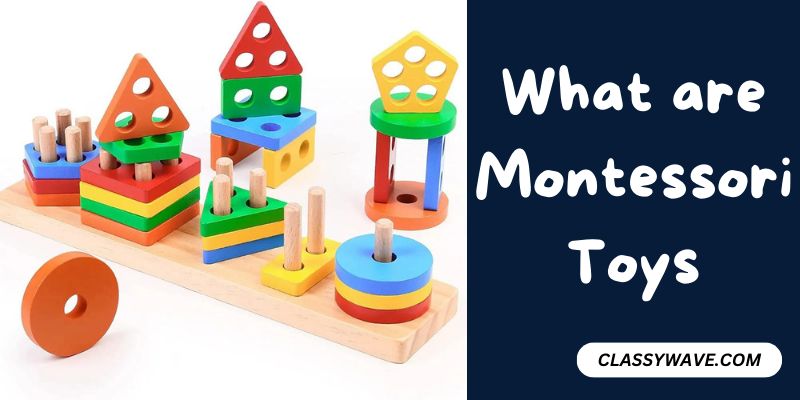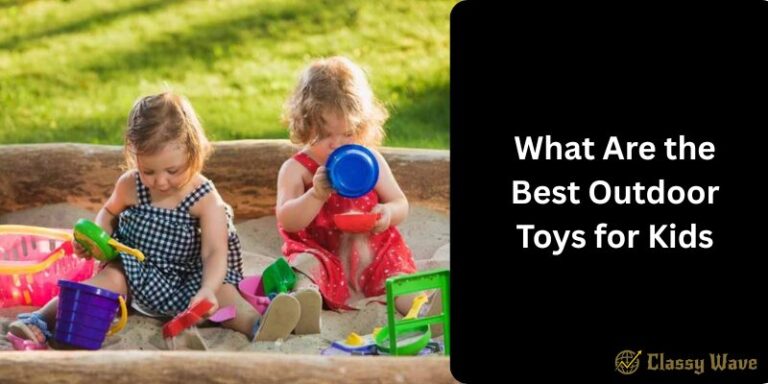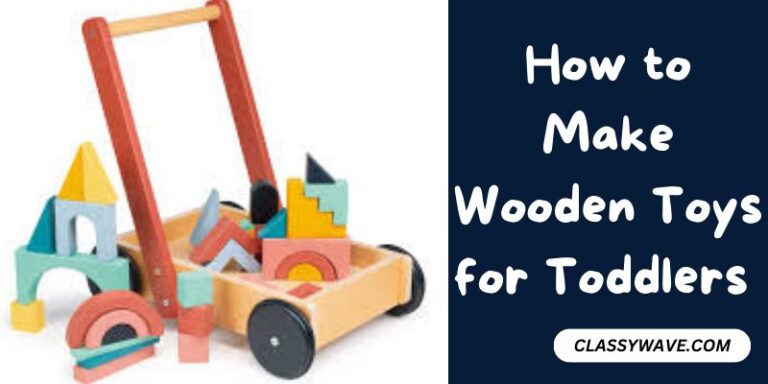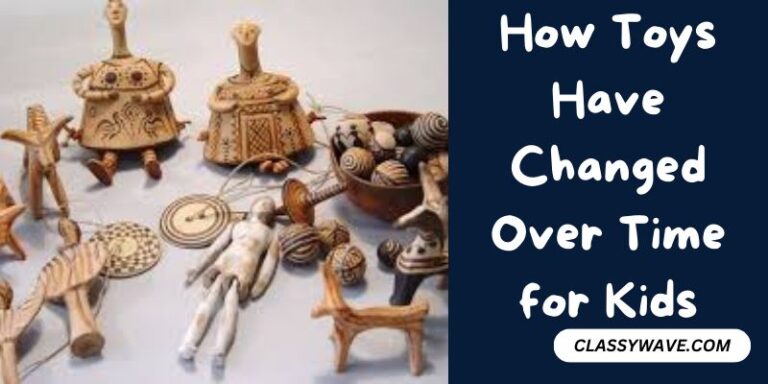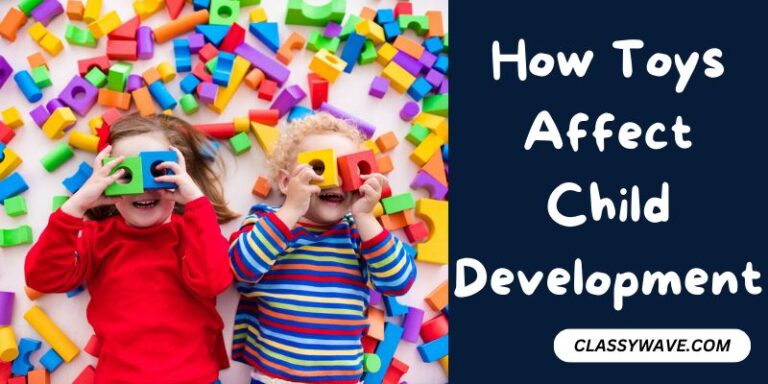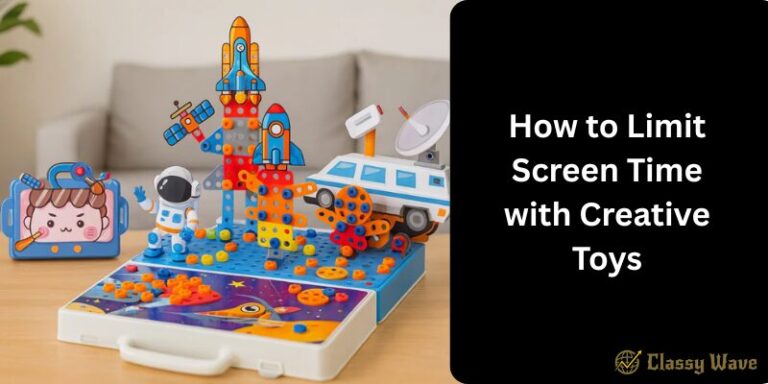What are Montessori Toys – Guide to Educational and Developmental Play
In the ever-evolving landscape of education, Montessori principles have stood the test of time, offering a unique approach to learning through hands-on experiences and child-centered exploration.
Montessori toys are not merely playthings; they are tools crafted with precision and purpose. Derived from the Montessori education philosophy developed by Dr. Maria Montessori, these toys are designed to align with the principles of child-centered learning and independent play.
At the core of Montessori education lies the belief in child-led learning. Montessori toys embrace this principle by encouraging children to explore and discover at their own pace.
Characteristics of Montessori Toys
What sets Montessori toys apart from conventional toys? It’s the emphasis on sensory exploration, the use of simple and natural materials, and the provision of open-ended play possibilities. These characteristics are carefully curated to stimulate a child’s creativity and cognitive abilities.
Benefits of Montessori Toys
The benefits of Montessori toys extend beyond mere entertainment. Cognitive development, fine and gross motor skills, and emotional and social skills are nurtured through purposeful play. These toys become catalysts for a child’s overall growth and well-being.
Popular Types of Montessori Toys
Wooden puzzles, sensorial materials, and practical life toys are among the staples of Montessori play. Each type serves a specific purpose, contributing to different aspects of a child’s development.
How to Choose Montessori Toys
Selecting the right Montessori toys involves considering the child’s age, safety, and developmental stage. By aligning the toys with these factors, parents can create an enriching play environment that maximizes the benefits of Montessori principles.
DIY Montessori Toys
For parents seeking a more hands-on approach, creating DIY Montessori toys can be a rewarding experience. Not only does this provide cost-effective options, but it also involves children in the process of making their own playthings, fostering a sense of creativity and accomplishment.
Montessori Toys for Different Age Groups
The needs of infants, toddlers, preschoolers, and school-age children vary significantly. Exploring suitable Montessori toys for each age group ensures that the play experience aligns with the child’s developmental milestones.
Integrating Montessori Principles at Home
Bringing Montessori principles into the home environment involves creating a space that promotes self-directed learning. This section explores ways in which parents can incorporate Montessori ideals into their daily routines and living spaces.
Addressing Common Misconceptions about Montessori Toys
As with any educational approach, misconceptions abound. We delve into common myths surrounding Montessori toys, such as concerns about expense, accessibility, and their effectiveness compared to traditional toys.
Success Stories: Real Experiences with Montessori Toys
What better way to understand the impact of Montessori toys than through real-life experiences? This section features testimonials from parents and educators, shedding light on the positive transformations witnessed in children’s behavior and development.
Montessori Toys in the Digital Age
In a world dominated by technology, how do Montessori toys fit into the picture? This section explores the challenges and opportunities of incorporating Montessori principles in the digital age while emphasizing the importance of balancing screen time with hands-on play.
Global Perspectives on Montessori Education
Montessori education has transcended cultural boundaries. This section takes a global perspective, exploring how different cultures have embraced Montessori principles and the variations in Montessori toy preferences worldwide.
Expert Insights: Interviews with Montessori Educators
To gain deeper insights, we turn to Montessori educators for their perspectives on selecting and using Montessori toys. Interviews provide valuable advice and observations on child behavior and development.
Conclusion
In conclusion, Montessori toys are not just playthings; they are essential tools that contribute to a child’s holistic development. By embracing the principles of Montessori education, parents can create an environment that nurtures curiosity, creativity, and a love for learning in their children.
FAQs
Are Montessori toys only for preschoolers?
Montessori toys cater to various age groups, from infants to school-age children, with specific options tailored to each developmental stage.
Do I have to spend a lot on Montessori toys?
While there are premium options, many DIY and budget-friendly Montessori toys offer a cost-effective alternative without compromising quality.
Can Montessori principles be applied without specific toys?
Absolutely! Montessori principles can be incorporated into daily routines and activities, even without specific toys, by fostering independence and self-directed learning.
Are Montessori toys suitable for children with special needs?
Yes, Montessori principles can be adapted to cater to the needs of children with diverse abilities, promoting inclusivity and individualized learning.
How can I create a Montessori-friendly environment at home?
Creating a Montessori-friendly environment involves organizing spaces to encourage independence, providing age-appropriate tools, and incorporating natural materials whenever possible.

